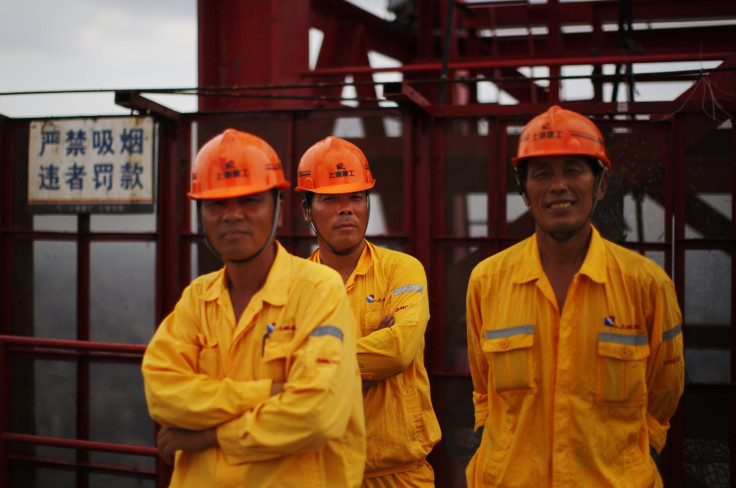China's Superstitious Employers: Blood Type, Facial Structure And Horoscope All Part Of Job Consideration

When interviewing candidates, employers are often looking for something specific in potential employees. With a record number of college graduates in China, competition for the limited number of jobs is at an all-time high. Unfortunately for many job-seekers, some of China’s employers are looking at qualities that aren’t written on a resume.
According to a report by Want China Times, a Taiwan-based publication, young people entering the work force were disappointed when they found out personal details like superstitions about blood type and facial structure were all part of the decision-making process by some potential employers. State-run China News Service reported that employers have been hiring and rejecting candidates based on preferences for certain blood types. According to the report, these decisions were the product of a form of pseudo-science that has become popular in Japan that says personal characteristics can be determined by one's blood. People with blood type A may be favored as they are believed to be “serious and meticulous workers,” the report said. While, “those with types O or AB are often turned down, as they are deemed to be quick-tempered and selfish, respectively,” the report added.
Perhaps less surprising are the reports that say employers are looking more at the surface, judging people by their faces. Executives often check to see whether the look of a prospective employee is “in conflict” with their own face. Preference is sometimes given to less qualified employees if their face is “helpful to the company’s business prospects,” the report says. An evolution of plastic surgery among both men and women looking for a job in the business world shows just how seriously some employers take facial structure into consideration. “A well-shaped nose commands respect,” a plastic surgery consultant in the southern Chinese city of Shenzhen said in a report by the Daily Beast. “Businessmen come in to get more-prominent noses. And ladies have better chances in both career and love after their operations.”
An applicant’s surname can also help or hamper job prospects. A name that suggests prosperity, like Jin, which means ‘gold,’ for example, would be a plus, while a last name like Pei, which can mean ‘to lose money,’ would likely be negative.
This isn’t the first time news surfaces of superstitious employers relying on information other than skill or education. Last month, employers in northeastern Liaoning province were apparently weeding out specific applicants based on their horoscope. The phenomenon, dubbed “zodiac discrimination,” is what one recent college graduate, Xu Jingmin, experienced when browsing some job listings. When applying to a local travel agency, a disclaimer on the posting added that only specific astrological signs were being considered for the position. “We are looking for Gemini, Libra and Aquarius,” the ad said, according to local newspaper Bandao Morning News.
© Copyright IBTimes 2024. All rights reserved.












